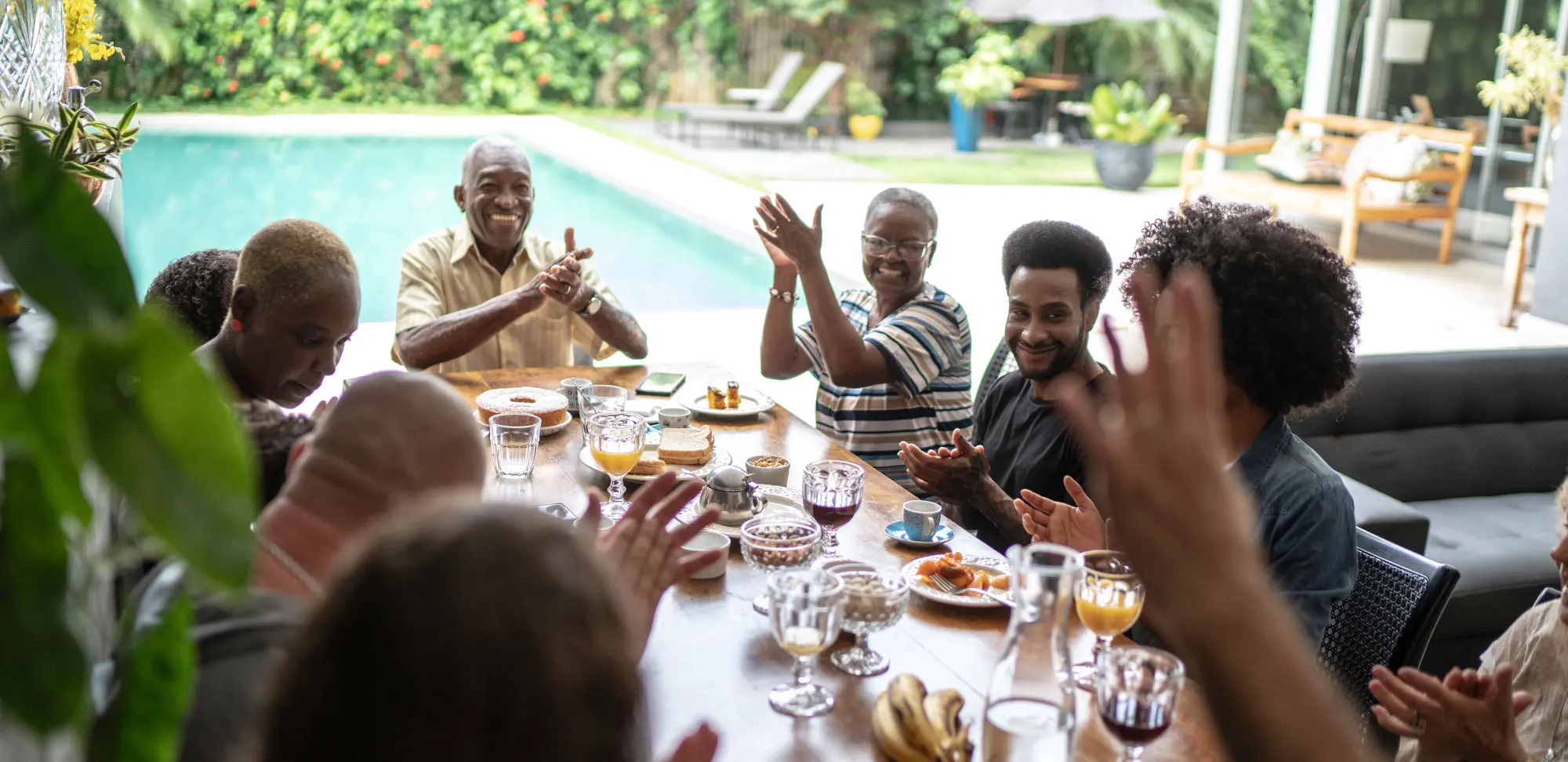After two years of limited travel, and with mandates pretty much being lifted, it’s no surprise that just about everyone wants to sip mojitos on a beach somewhere in the company of their closest friends and family. Travel can be costly, though, and the pandemic travel shutdowns have contributed to higher costs.
But savvy travel shoppers can still get away without breaking the bank by hunting for deals and travelling with a group.
You’ll be working harder for deals, but you can still find them.
When demand is high, prices are going to be high. But patience and good planning will help you save. Flying during the week and at off-peak times helps reduce costs. Comparing hotels and B and B accommodations allows you to scan for prices, star ratings, location and guest reviews. Cashing in loyalty points, especially when there’s a sale, can effectively double savings. Being flexible with your timing, location and activities allows you to capitalize on last-minute deals. The more fixed your plans are, the more you’re likely going to pay.
Travel with a group of friends or family, but set clear boundaries.
The success of your group holiday depends on expectations you set in agreement TOGETHER. Without these boundaries, your trip could be miserable. The benefits of group travel are huge, though: time to reconnect, money saved by booking and buying things together, and extra hands to help with kids, grandkids and pets.
Pay attention to these areas:
Who’s paying for what? Are you splitting the Vrbo evenly or is one person/family paying for the majority of it because they get the master suite? Have the taxes and fees been accounted for in your bookings? Is one person responsible for paying the entire set of costs (flights, food, accommodations and entertainment), and then expecting to be reimbursed? If so, do they want cash, an e-transfer, gift cards — and when?
Get clear on costs by making a shareable spreadsheet; Google Sheets is a popular option. Populate the cells with all the costs you can possibly think of. Then, start talking — who’s paying for what, when is reimbursement expected, and on it goes.
If you’re out buying dinner or tickets for the aquarium, the easiest way to keep things even is to split the bill precisely how everyone ordered. Just ask for separate checks upfront and have each person pay for their own tickets.
Think twice about travelling with a penny-pincher or a spendthrift. If you already know that your travel partners are not on the same page about what you want to spend, don’t travel together. The best example is the case of the traveller who prefers to sip free water and mooch off leftovers rather than participate in, and pay for, their portion of the group dinner you all planned. On the flip side is the traveller with no financial constraint, especially after a few drinks. They’re the people who order a $150 bottle of wine and expect you to pay for half, whether you wanted the wine or not.
How do you want to spend your time? What do you all want from the travel experience? Are there events or activities you want to do (or not)? Is the goal relaxation, partying, family time, adventure? Is it totally OK if you all do different things during the day and come together in the evening (this can be helpful when travellers have different budgets)? Not everything needs to be pre-planned or programmed, but it helps to get clear about how everyone generally wants to spend their time, and on the costs for activities. I think it’s worth noting that there are hundreds of free activities for groups: beach days, hiking, biking, running, picnics and so on.
What are the boring obligations (if any) from each person? Who’s going to do the dishes or laundry? Is there a designated chef? Is one person responsible for the meal planning, restaurant bookings or gas-tank filling?










